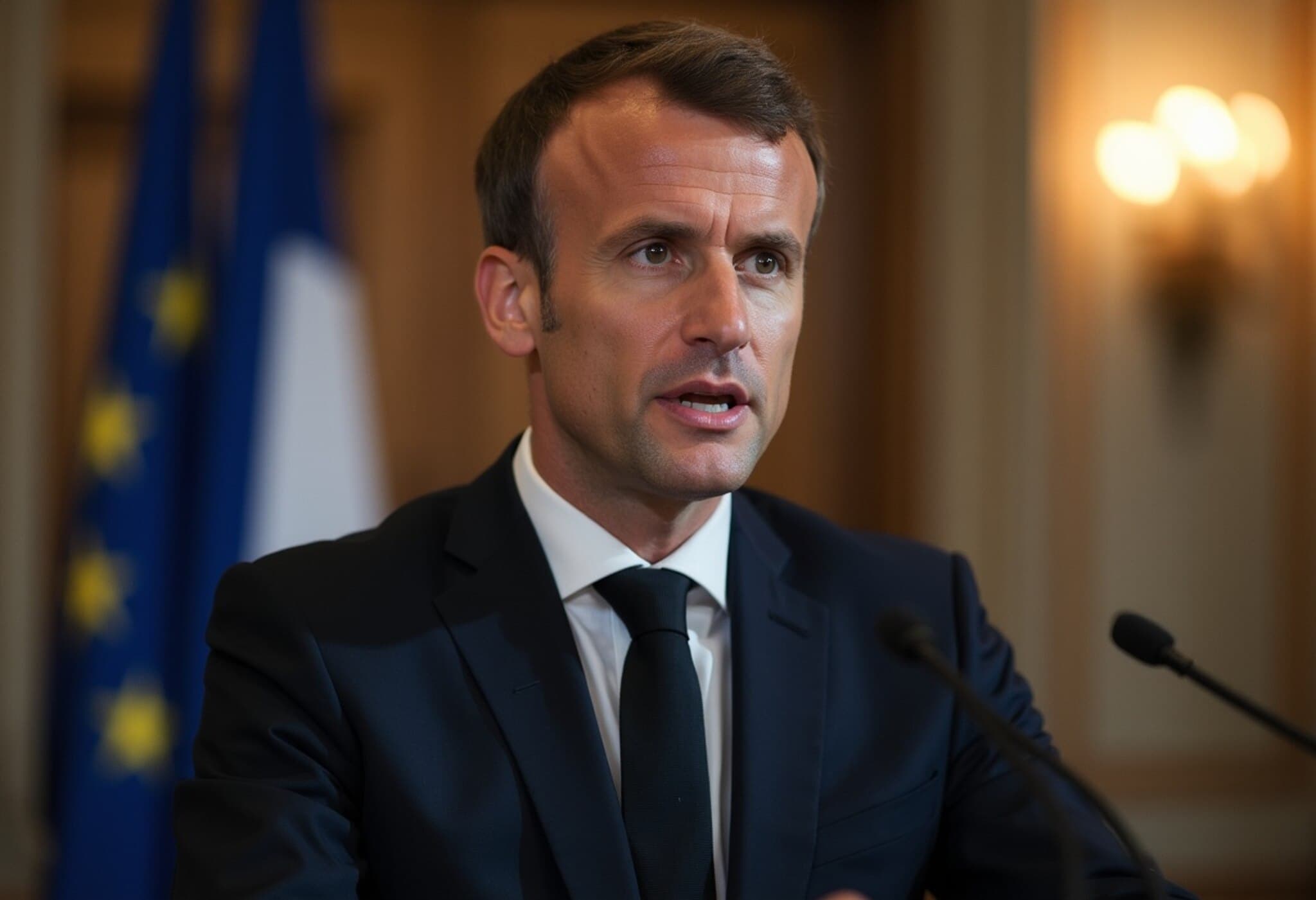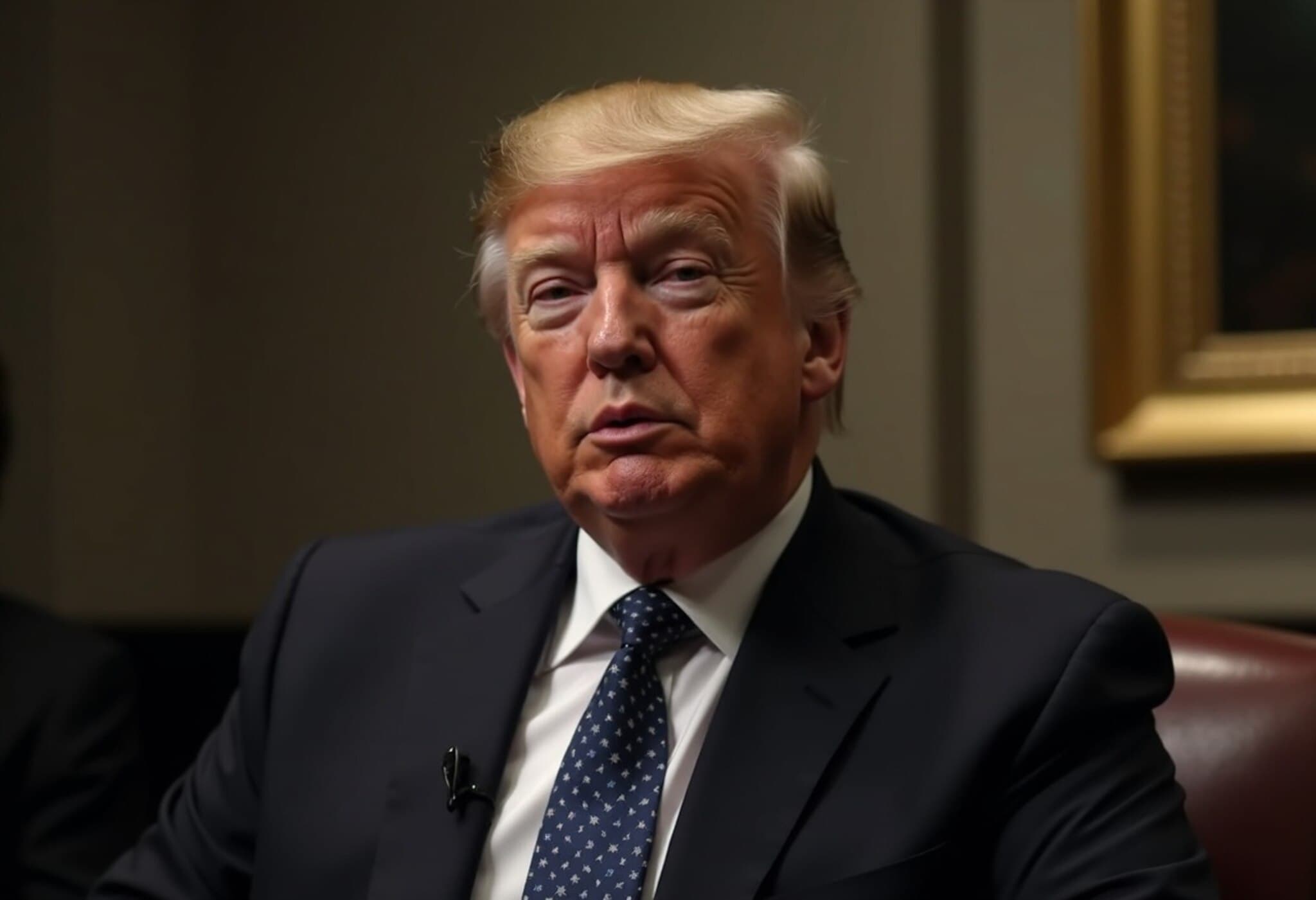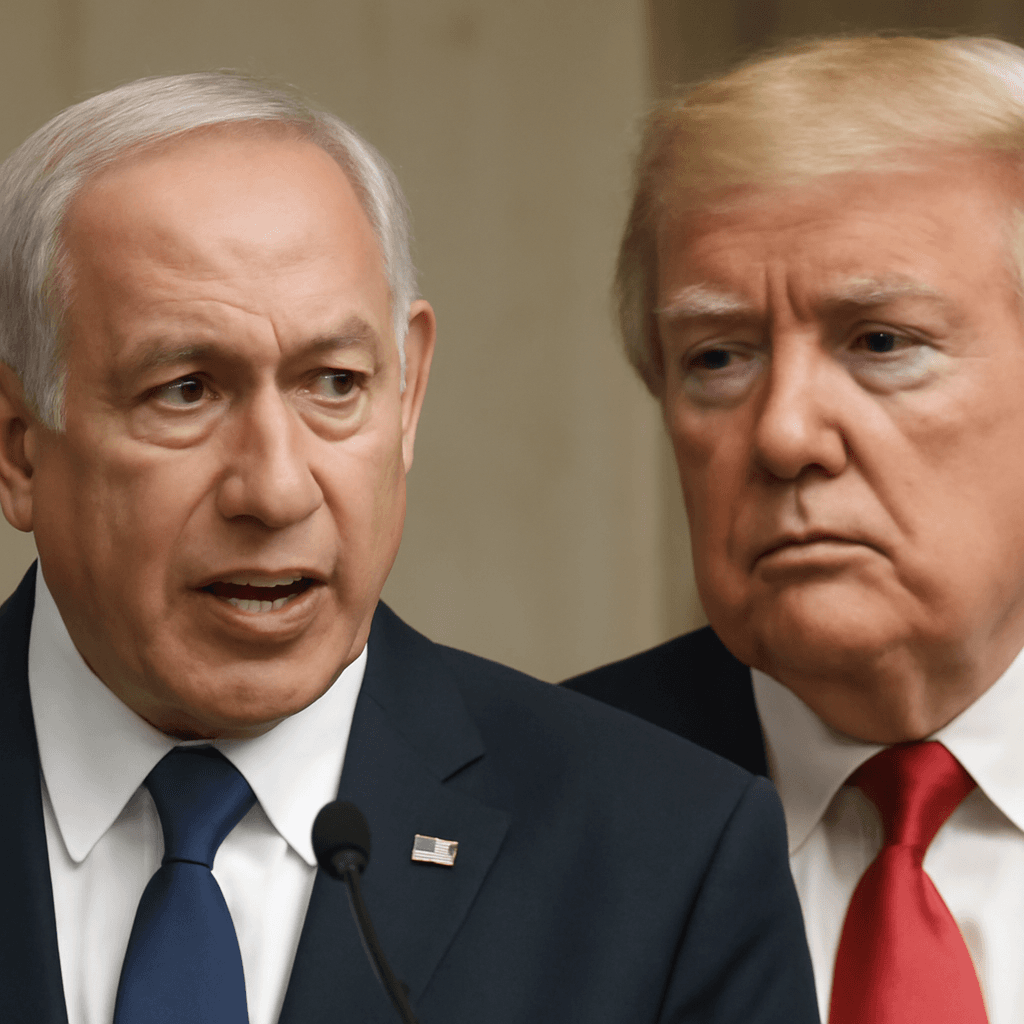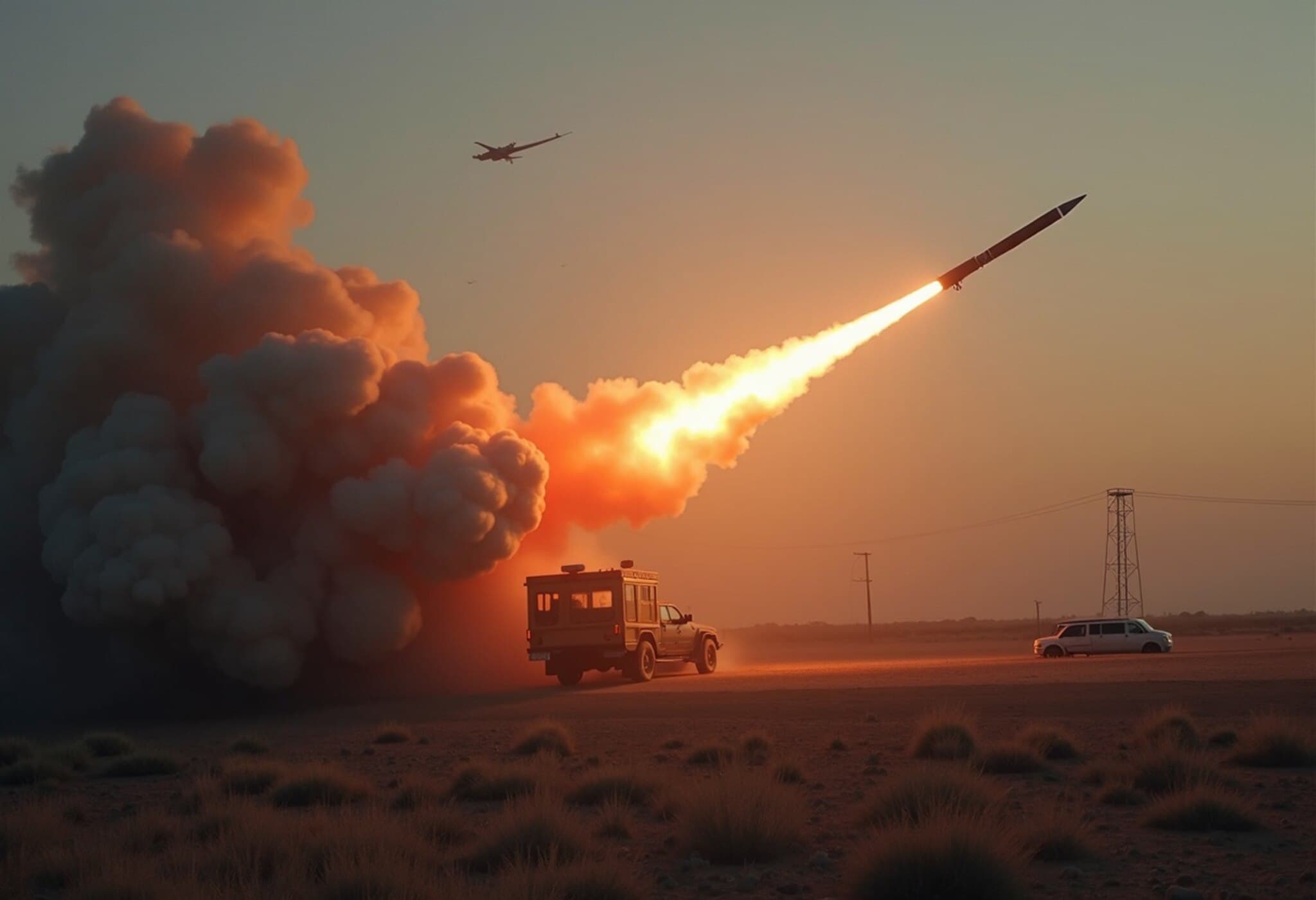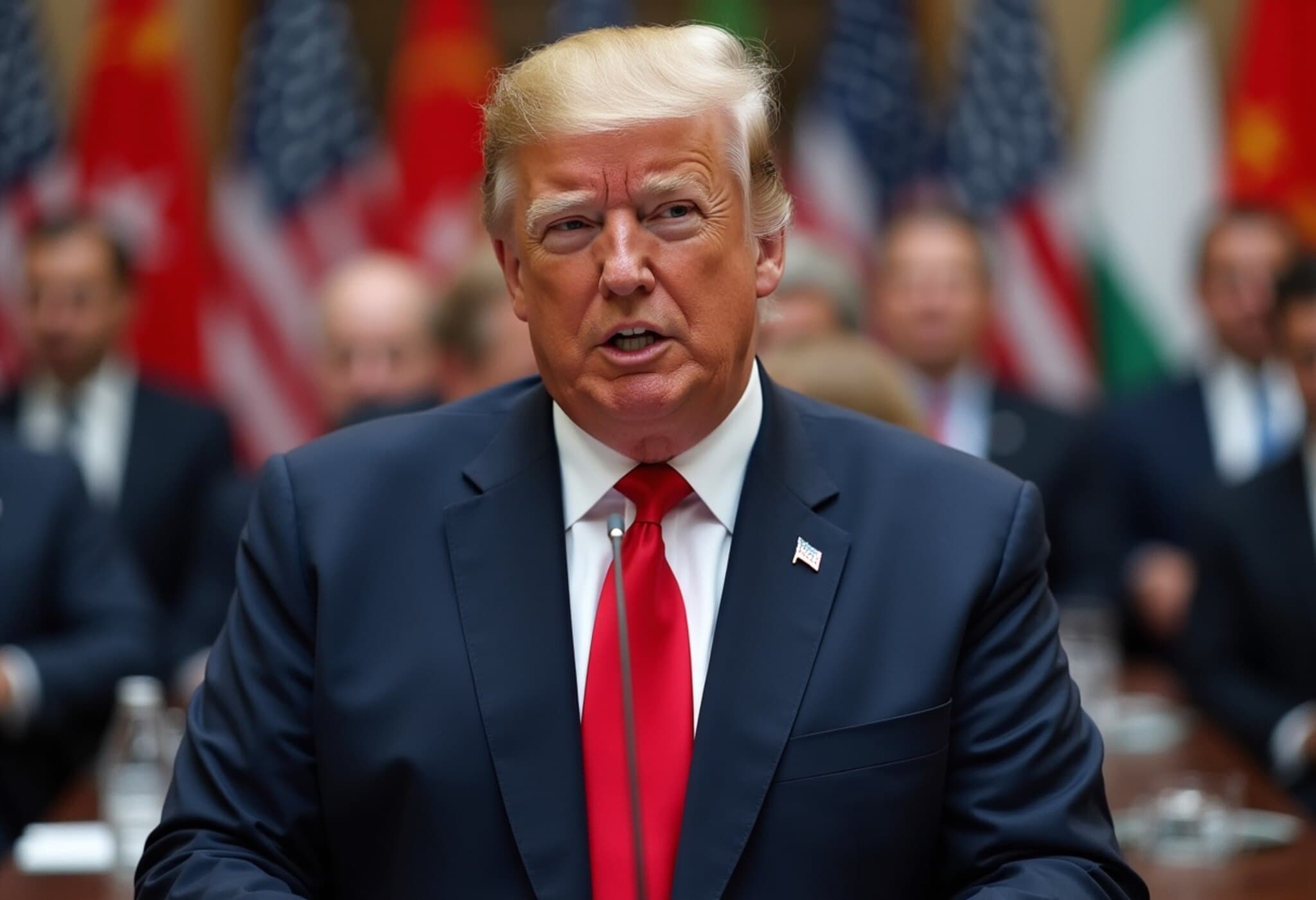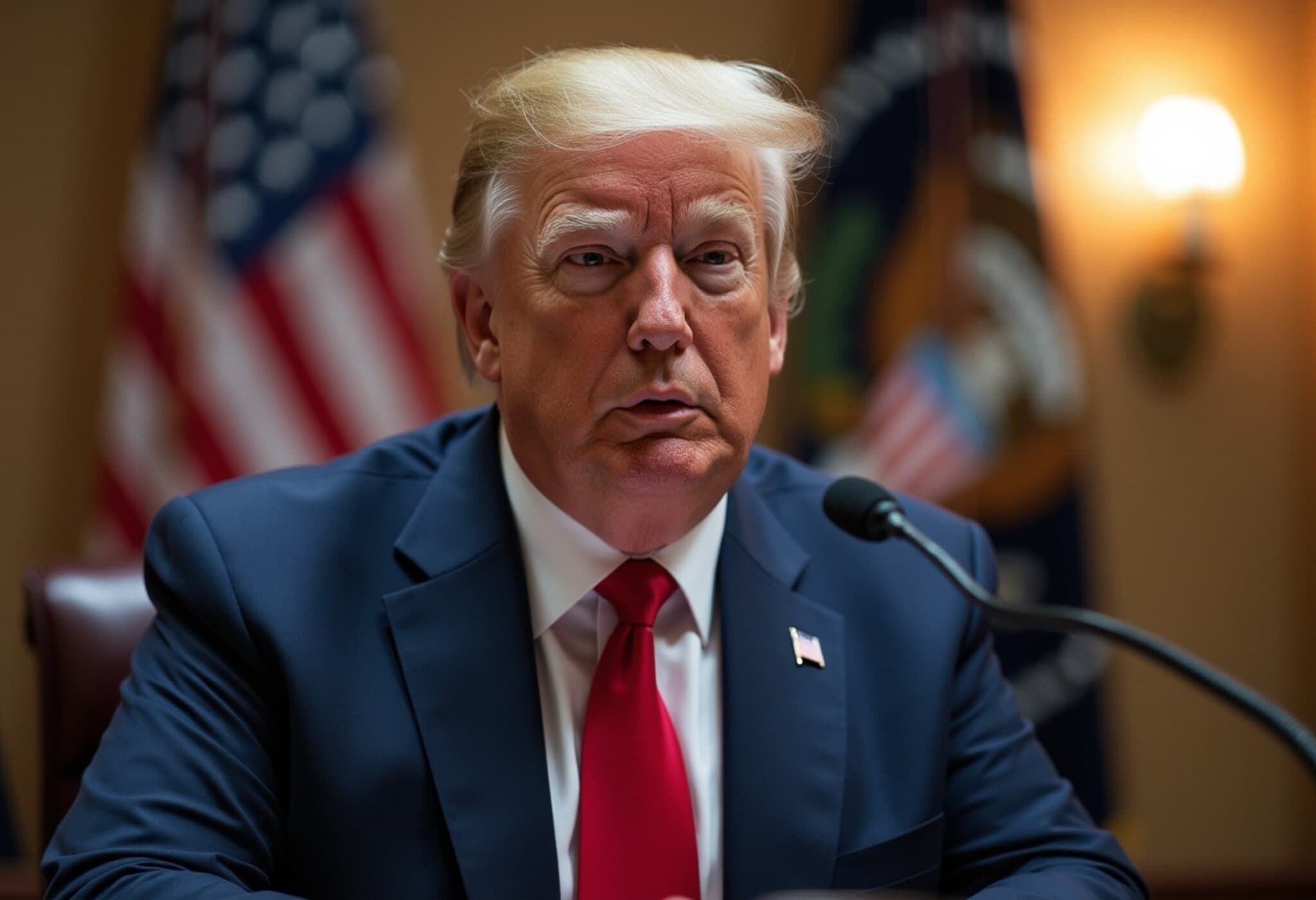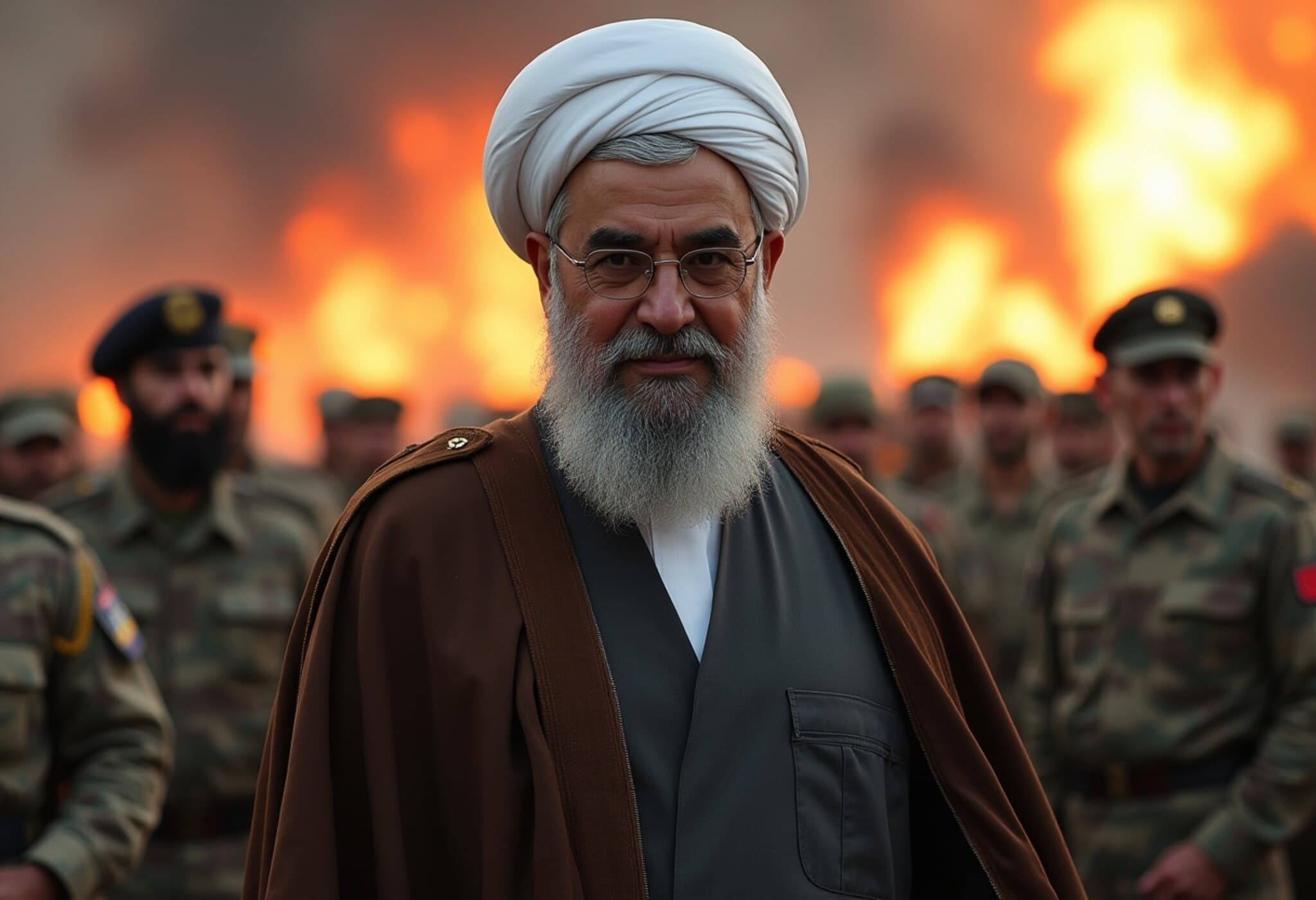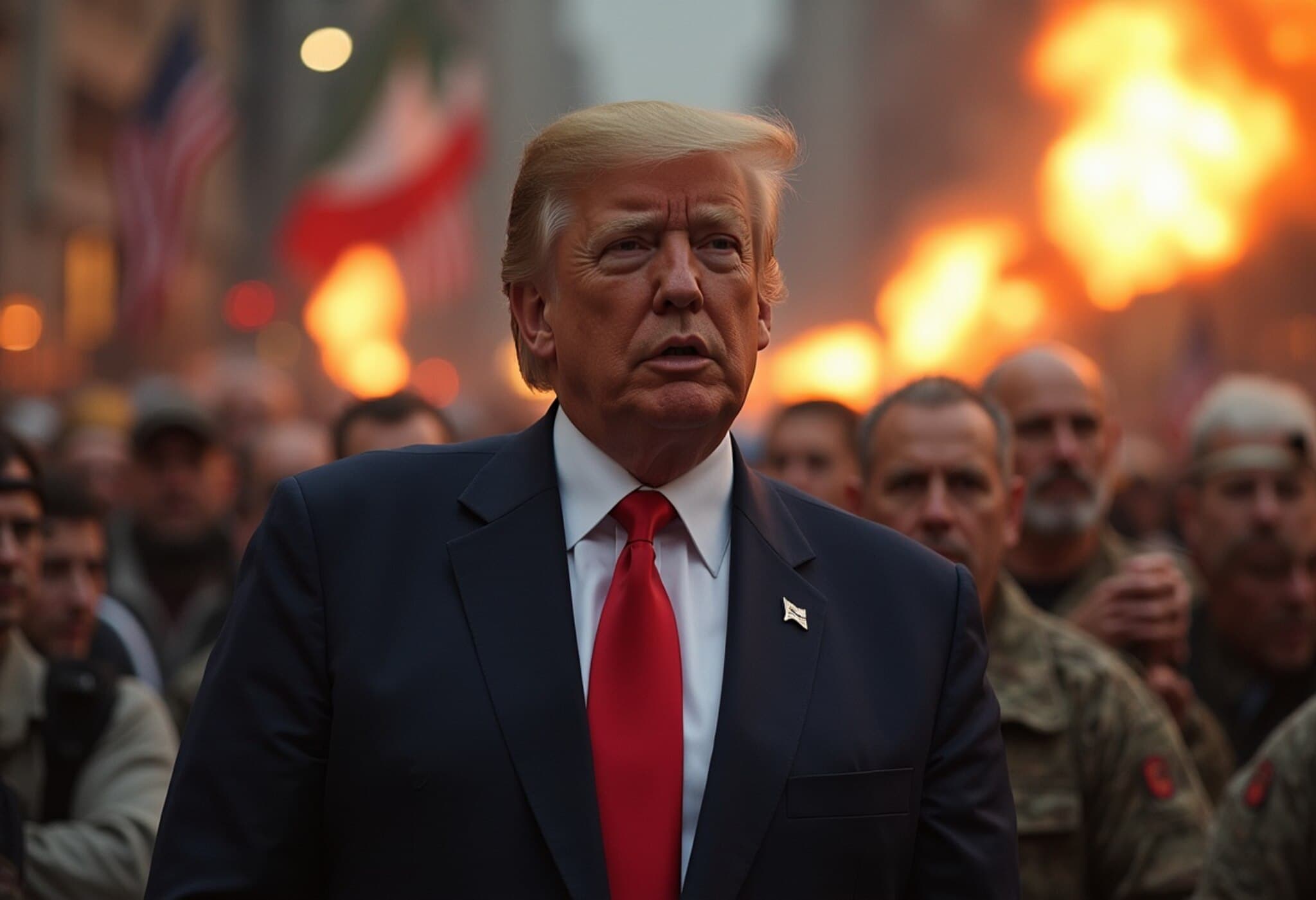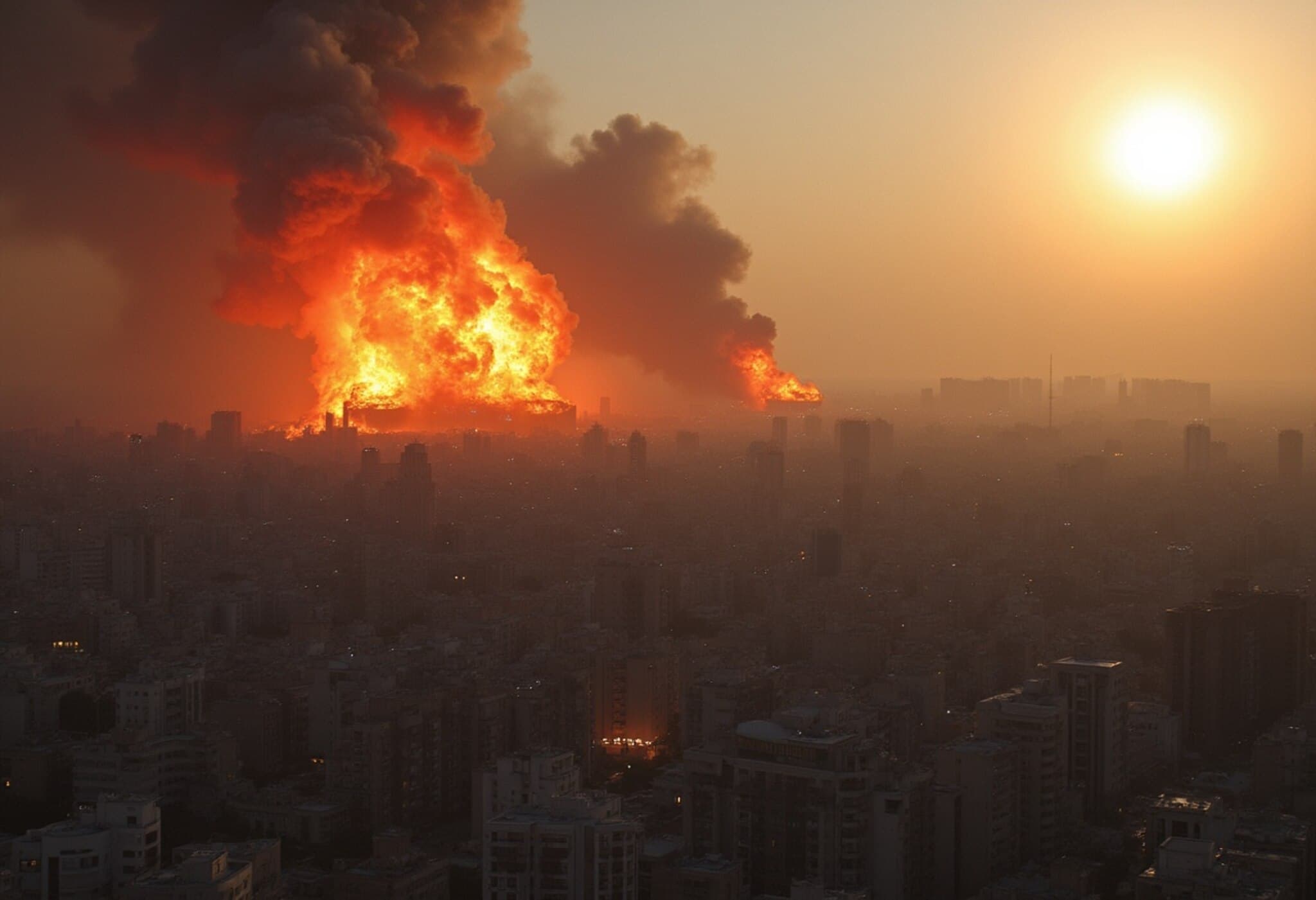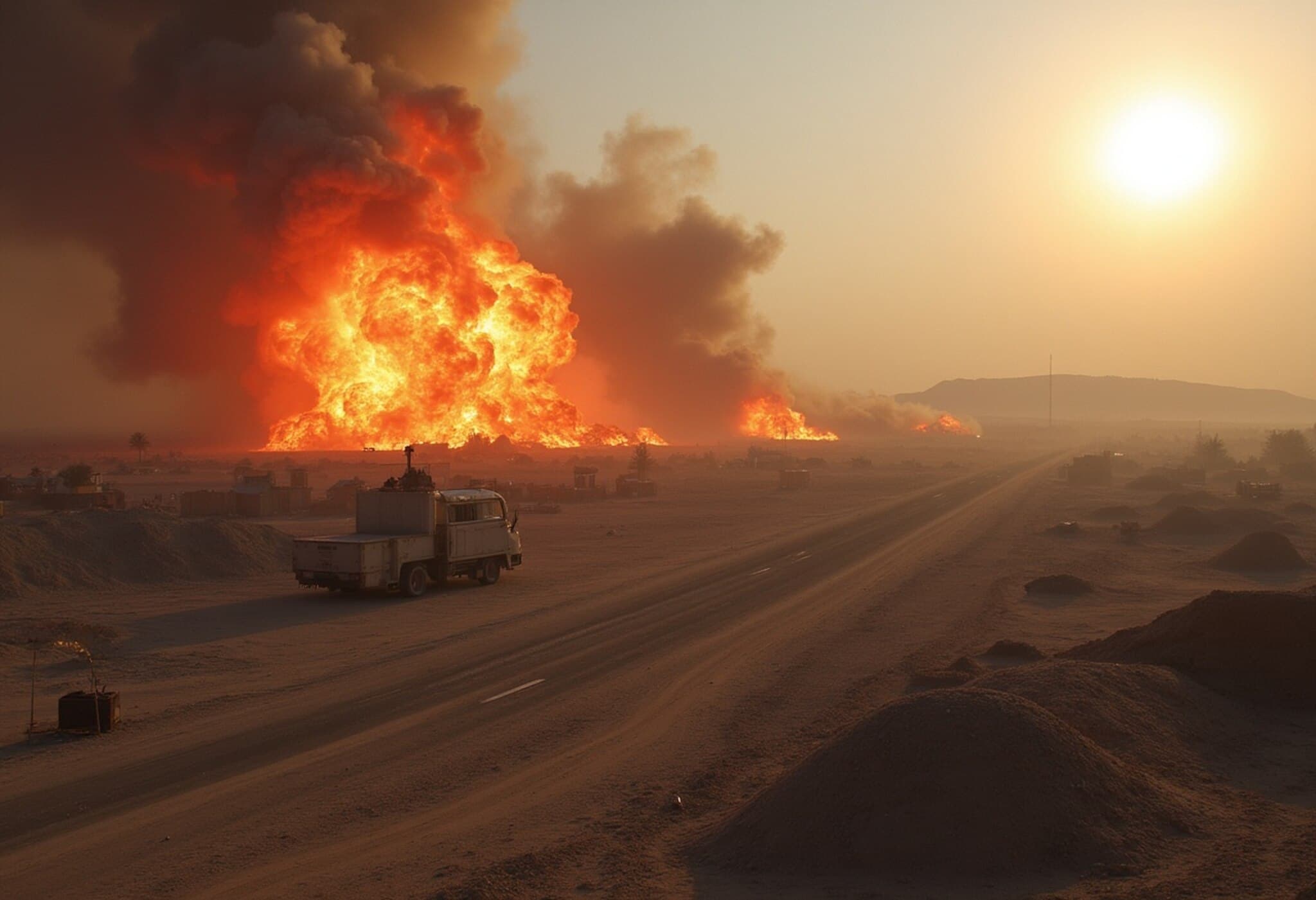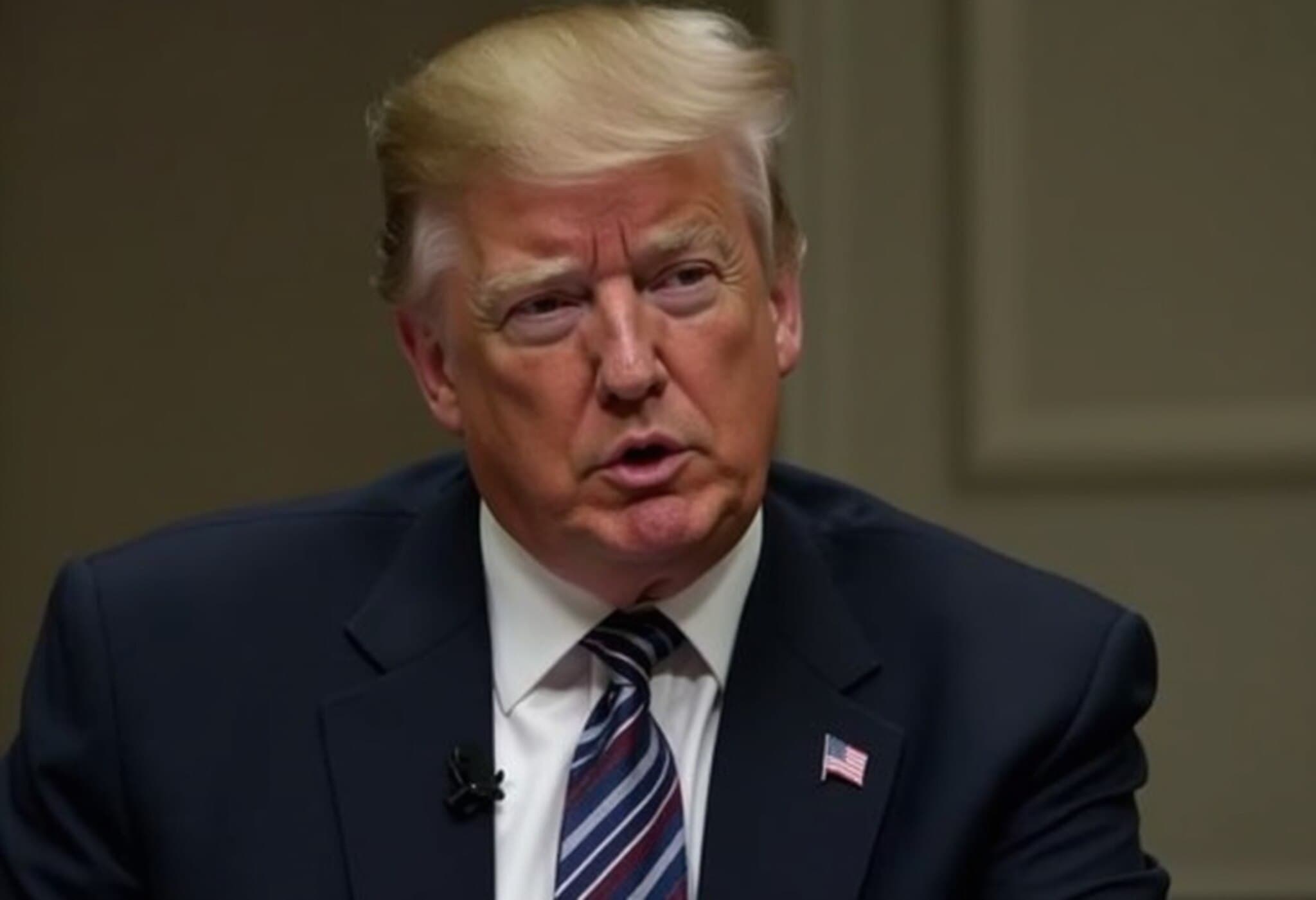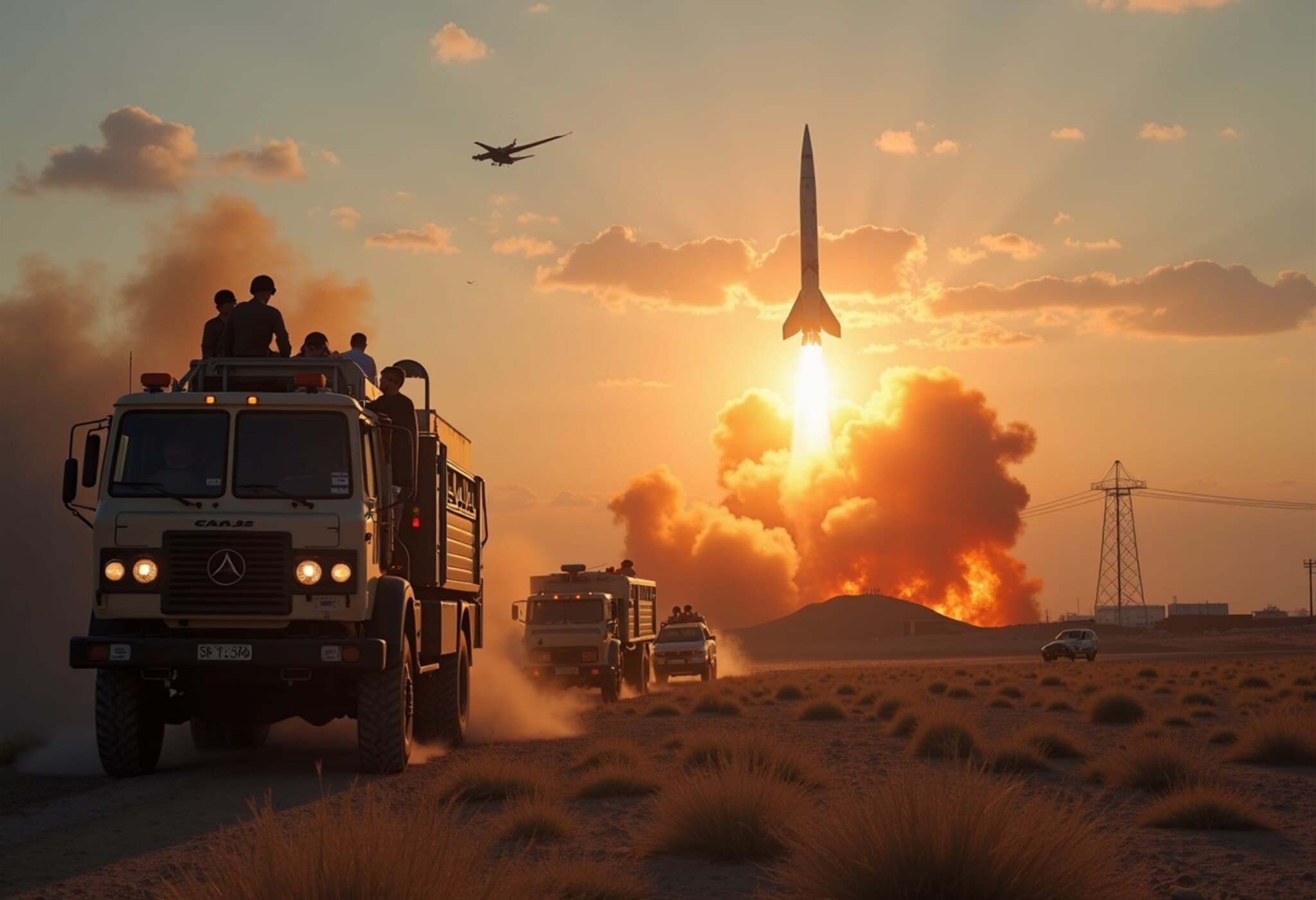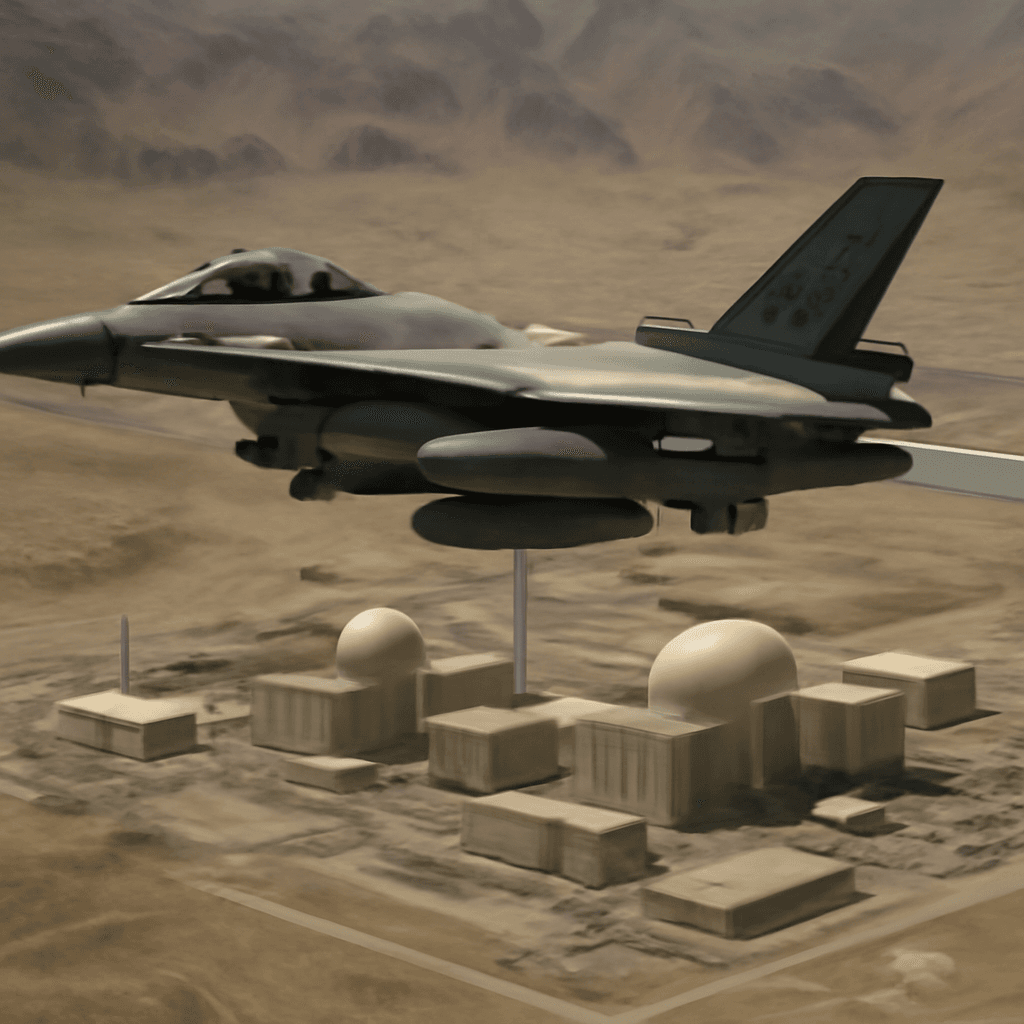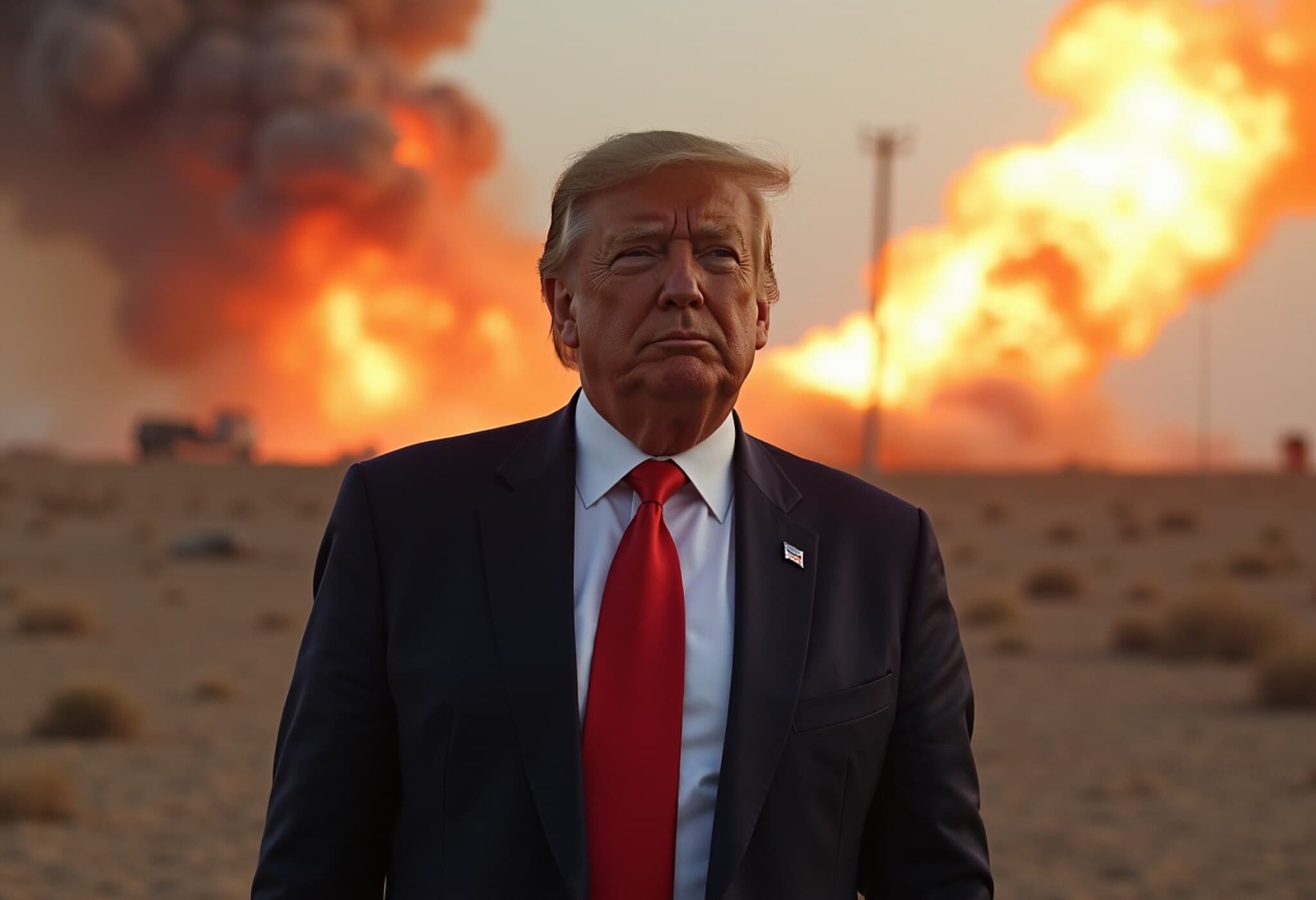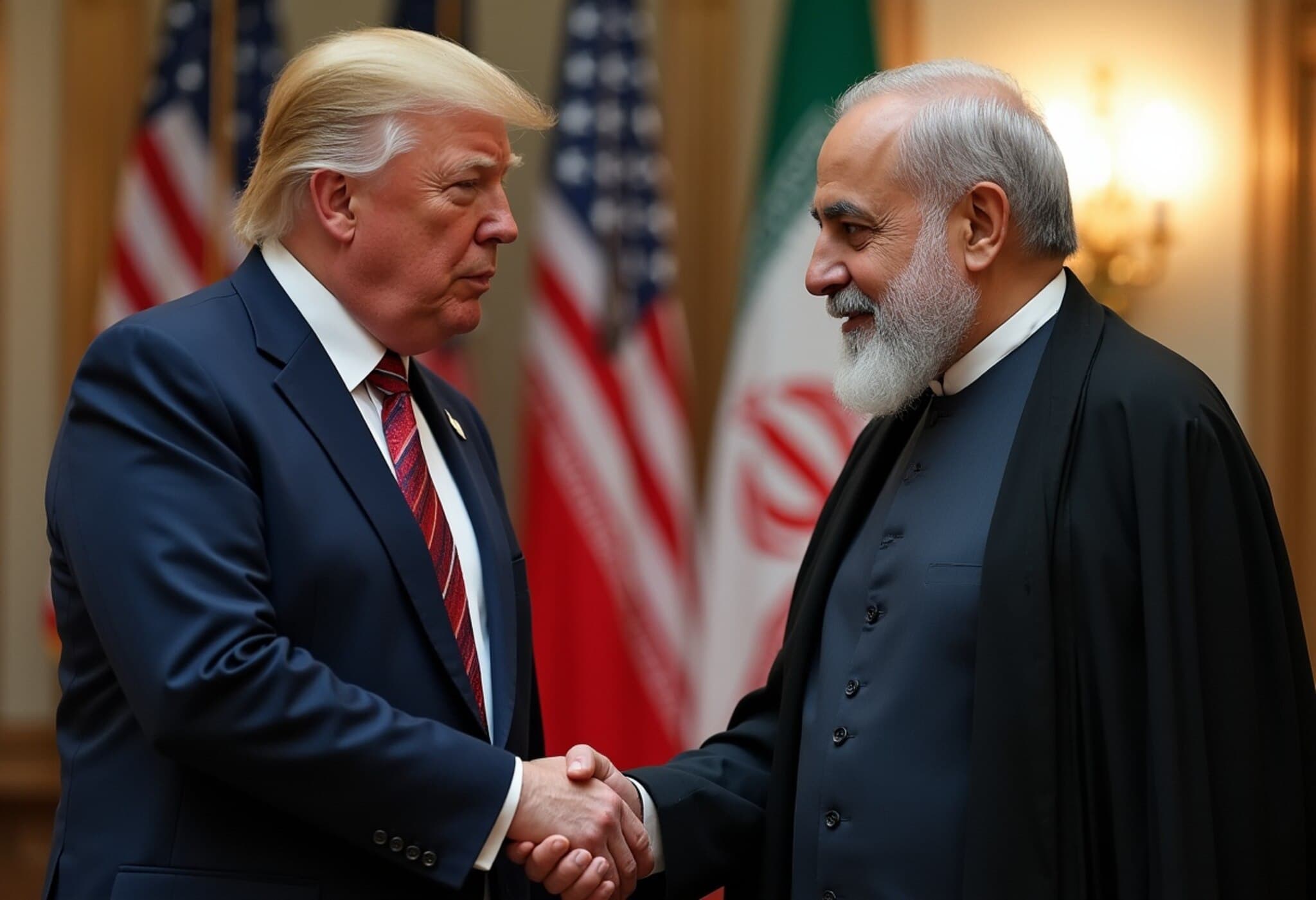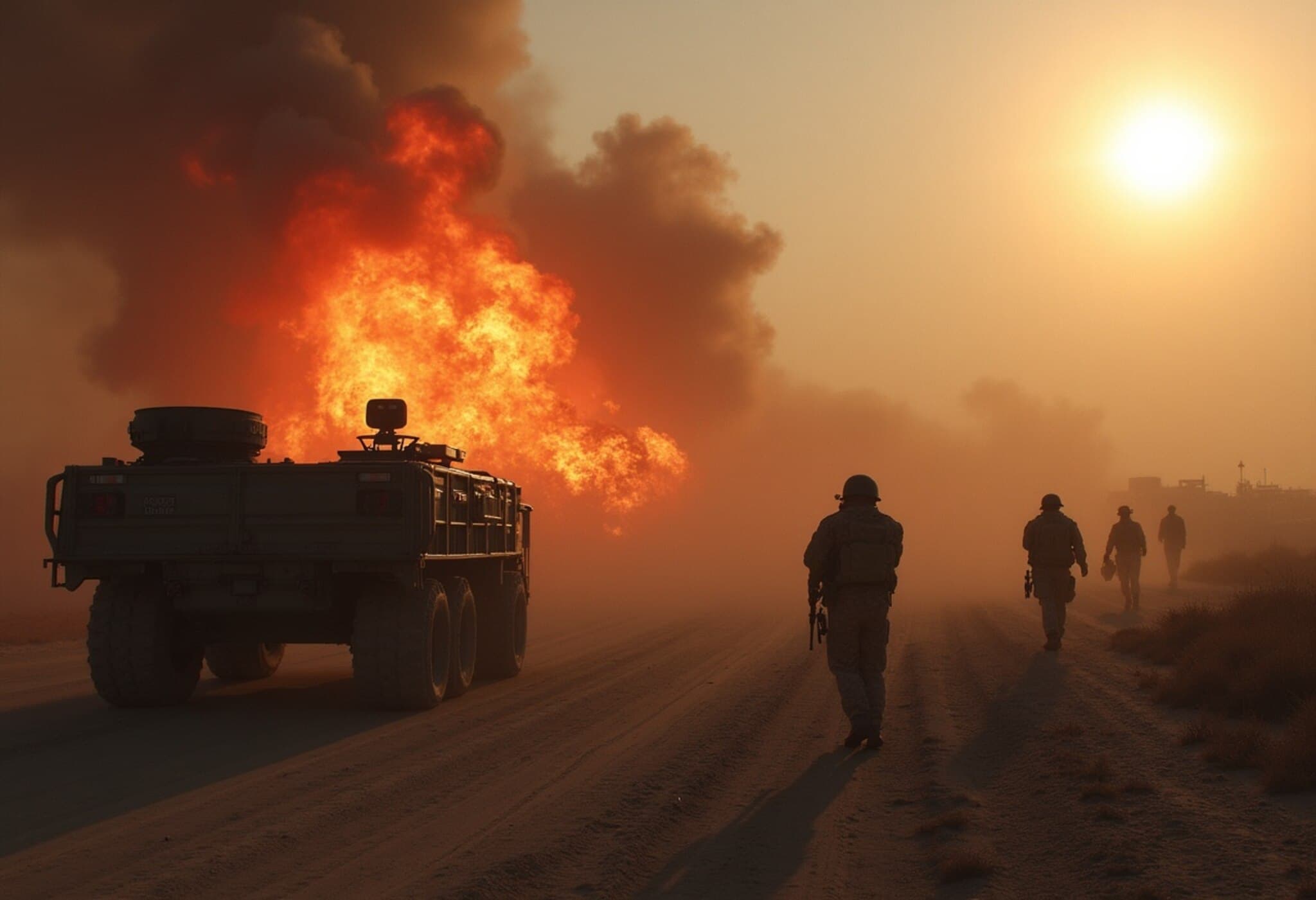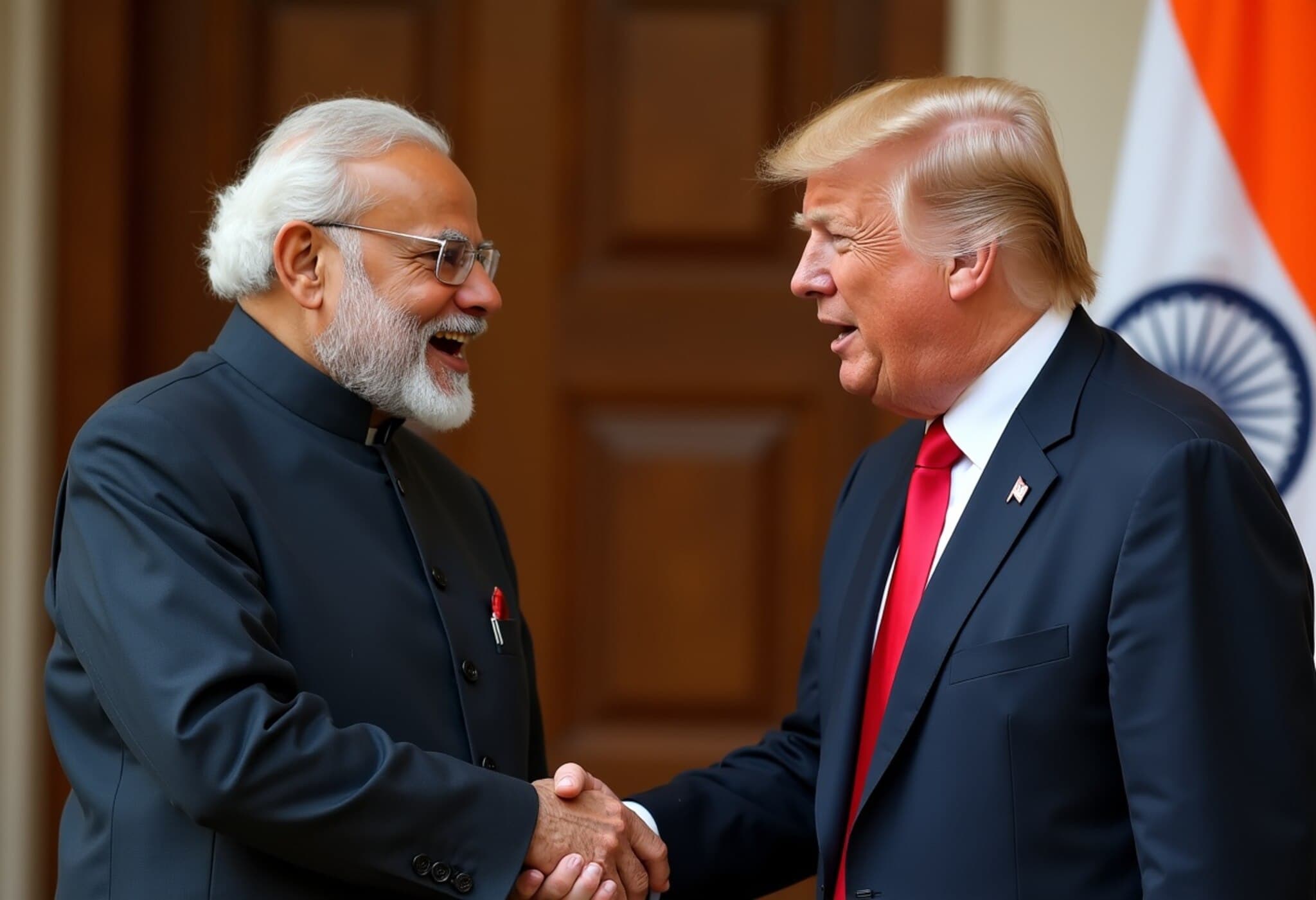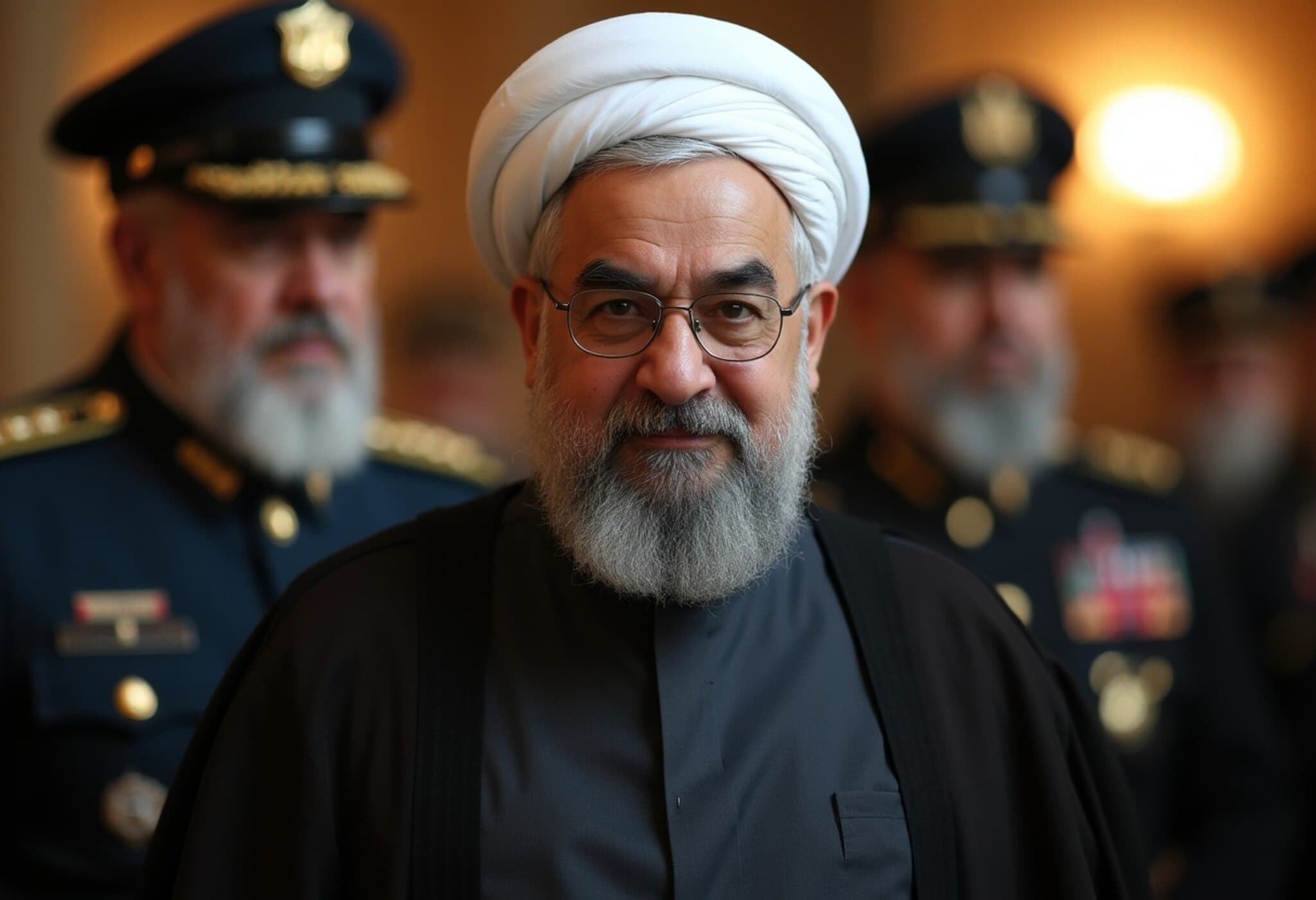Macron Cautions Against Military Action That Could Destabilize Iran
French President Emmanuel Macron voiced strong opposition to any military intervention against Iran that might lead to regime change and widespread chaos. Speaking amid escalating tensions in the Middle East, Macron emphasized the need for renewed diplomatic efforts to address Iran's nuclear ambitions while preventing further instability.
Disagreement with U.S. Stance on Iran
Following his meeting with G7 leaders in Canada, Macron appeared to contradict U.S. President Donald Trump's approach towards Iran. While Trump left the summit amid rumors of seeking a ceasefire between Israel and Iran, he later dismissed these claims. Macron, however, insisted that Trump initially expressed interest in de-escalation, highlighting a clear divergence between the two leaders.
Urgent Call for International Oversight
Macron underscored the importance of reinstating international supervision over Iran's nuclear program and urged efforts to curb its ballistic missile development. He stressed that military strikes targeting energy infrastructure or civilians would only exacerbate tensions, potentially dragging the region into turmoil.
Risks of Regime Change Highlighted
Drawing on historical examples, Macron warned against attempts at forcible regime change, citing the destabilizing consequences witnessed in Iraq and Libya. “The biggest mistake would be to use military force to change the regime, as it would lead to chaos,” he said, emphasizing the responsibility to prioritize dialogue and negotiations.
Contrasting Views from Regional and Global Leaders
While Macron promoted a cautious, diplomatic path, Israeli officials took a more confrontational stance. Israeli Defense Minister Israel Katz referenced the potential toppling of Iran's Supreme Leader Ayatollah Ali Khamenei, paralleling Saddam Hussein's overthrow in Iraq. Meanwhile, German Chancellor Friedrich Merz acknowledged Israel’s ongoing military efforts but noted Israel’s limitations in eliminating fortified Iranian nuclear sites without U.S. support.
The Road Ahead
As the Israel-Iran conflict continues, the delicate balance between military action and diplomacy remains in sharp focus. Macron’s call for a ceasefire and renewed talks seeks to prevent further regional chaos while addressing the critical nuclear issue through international frameworks.
- Macron: Opposition to military action that destabilizes Iran
- Trump: No ceasefire linked to his G7 exit, demands Iran's unconditional surrender
- Regional tensions: Israel’s air campaign against Iran's nuclear facilities continues
- Global perspectives: Varied views on strategy and consequences from Europe and Middle East leaders
With ongoing conflict and diplomatic efforts hanging in the balance, the international community remains watchful of developments that could redefine security dynamics in the Middle East.

